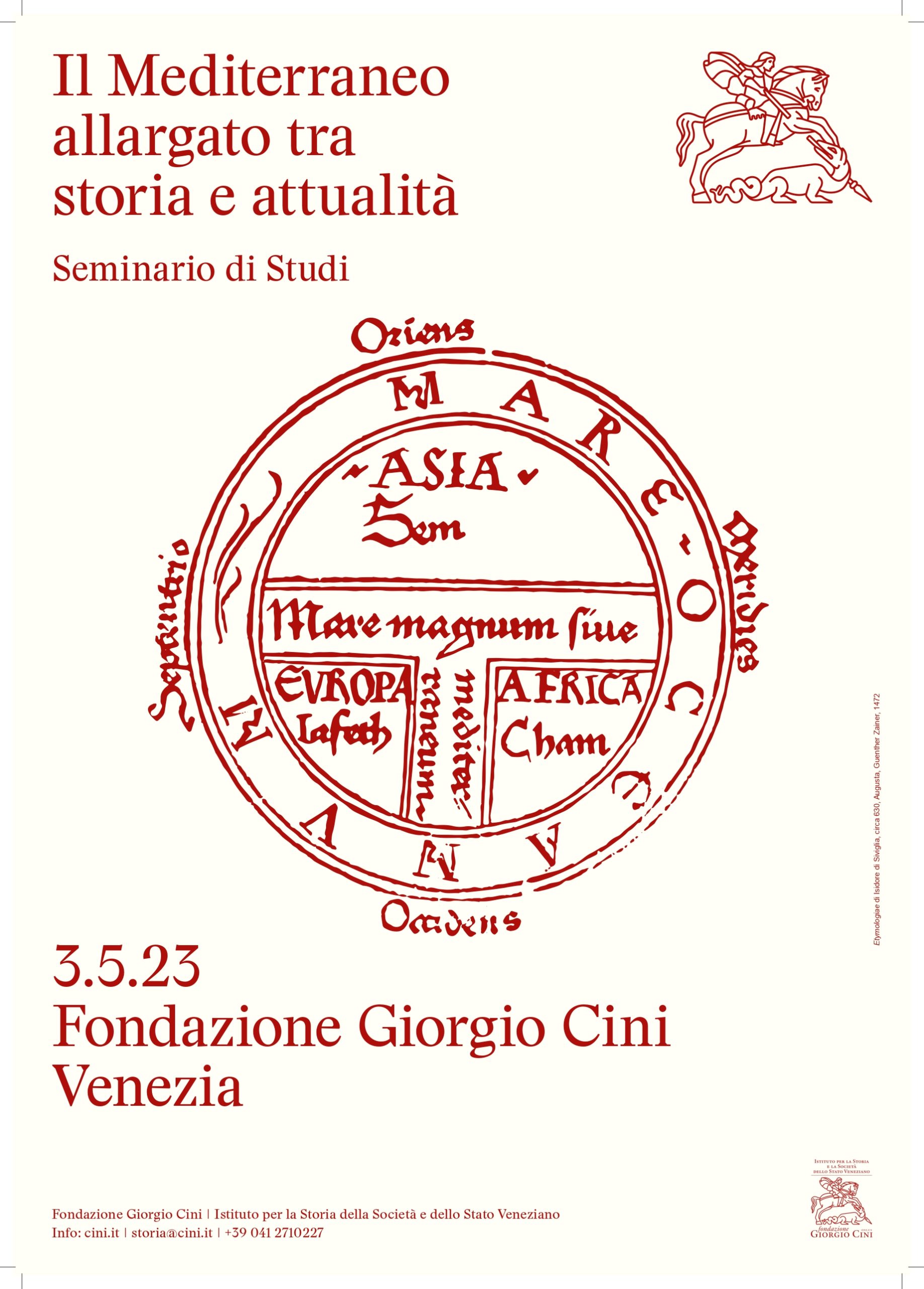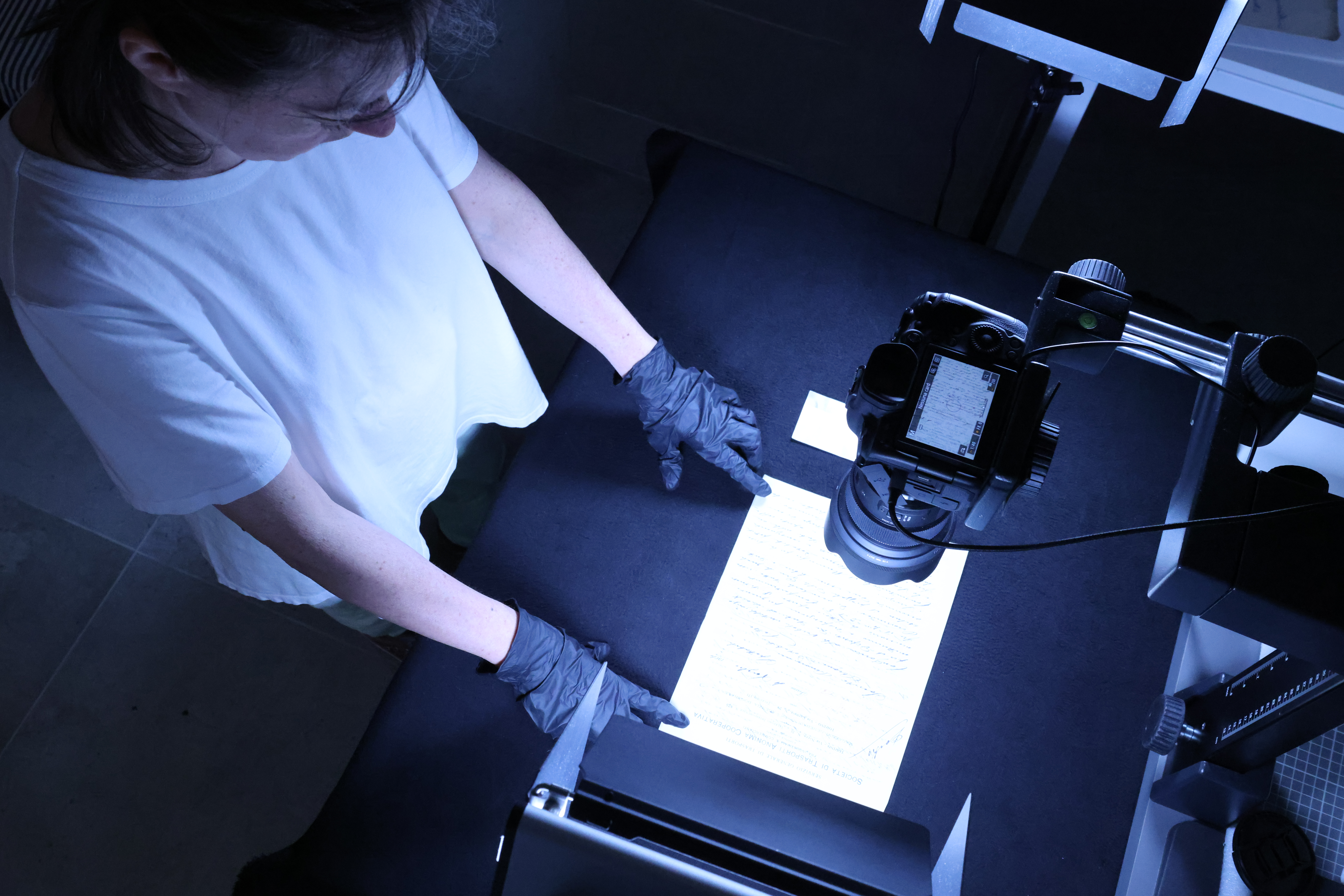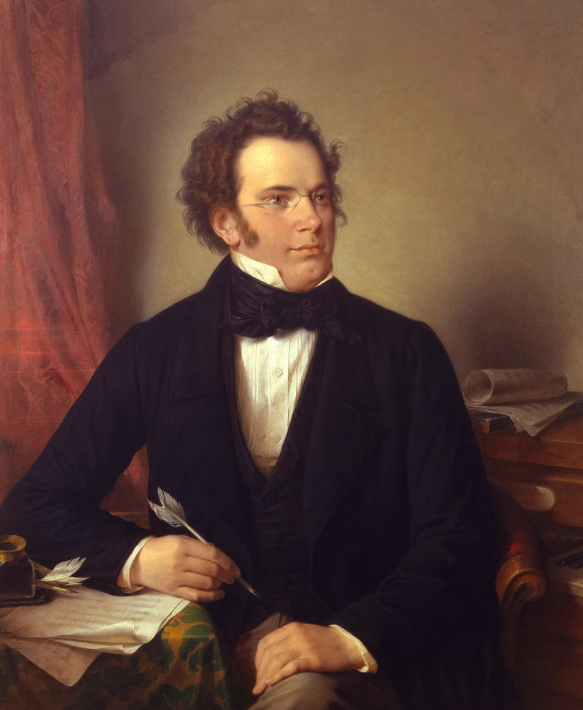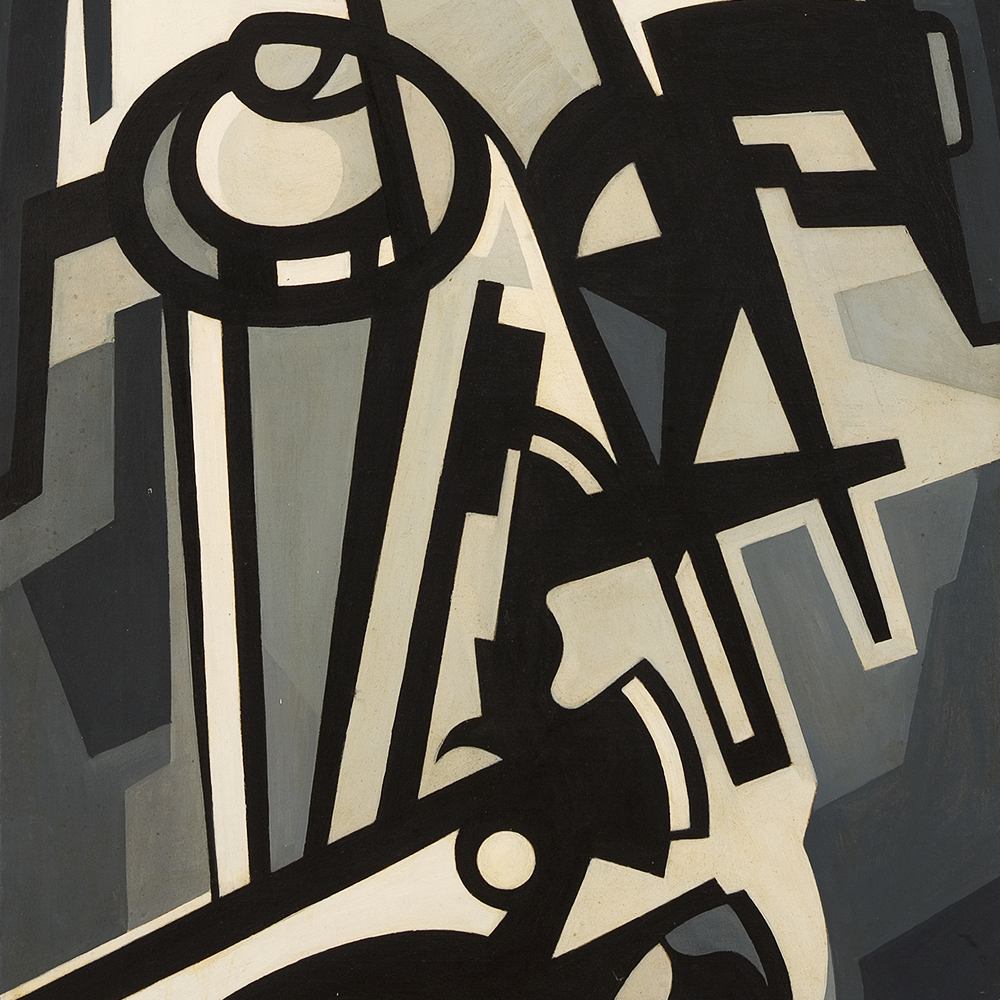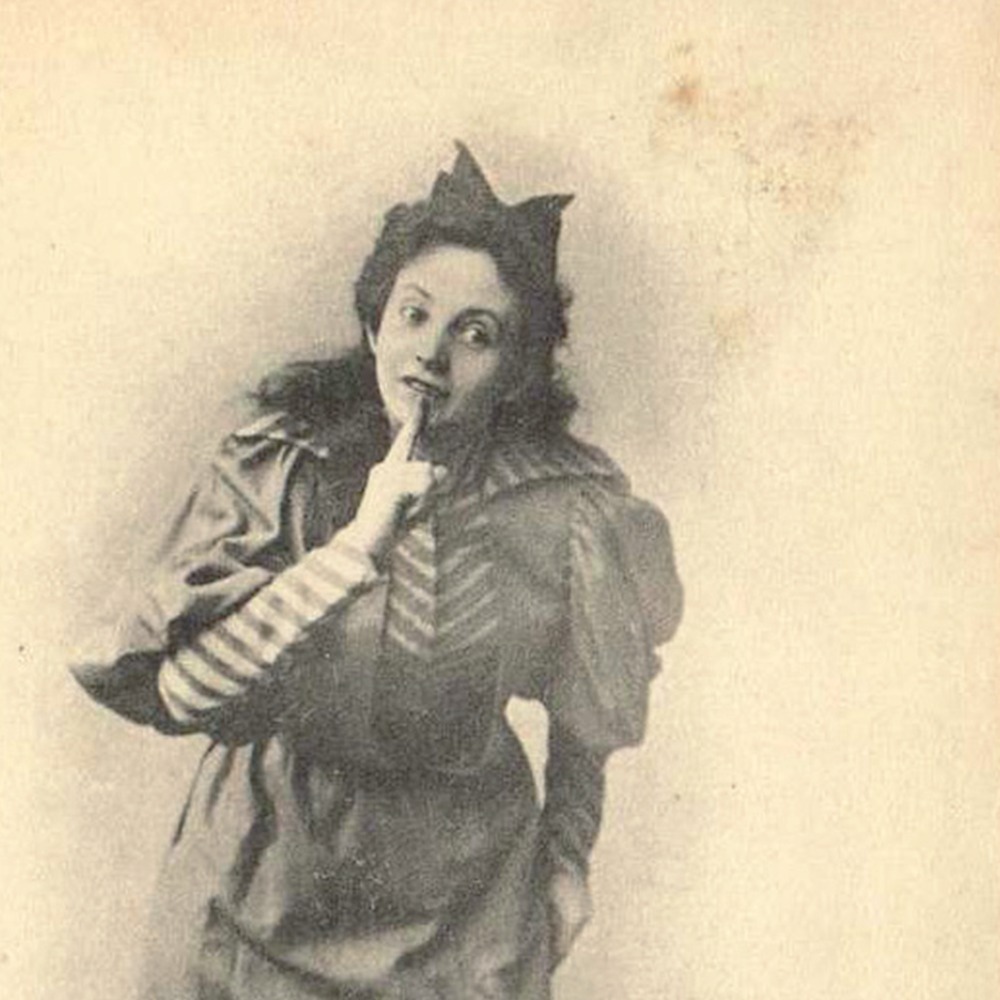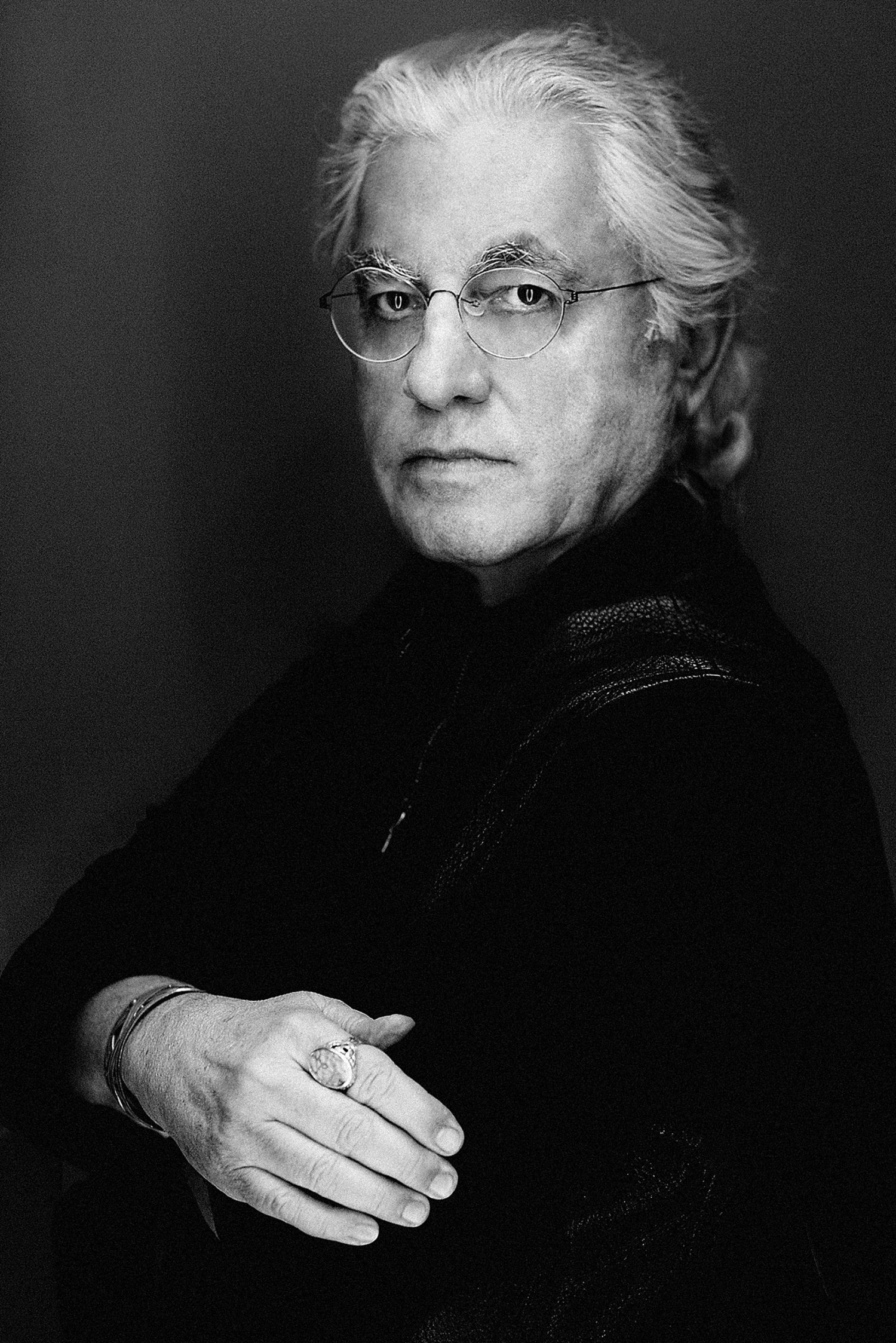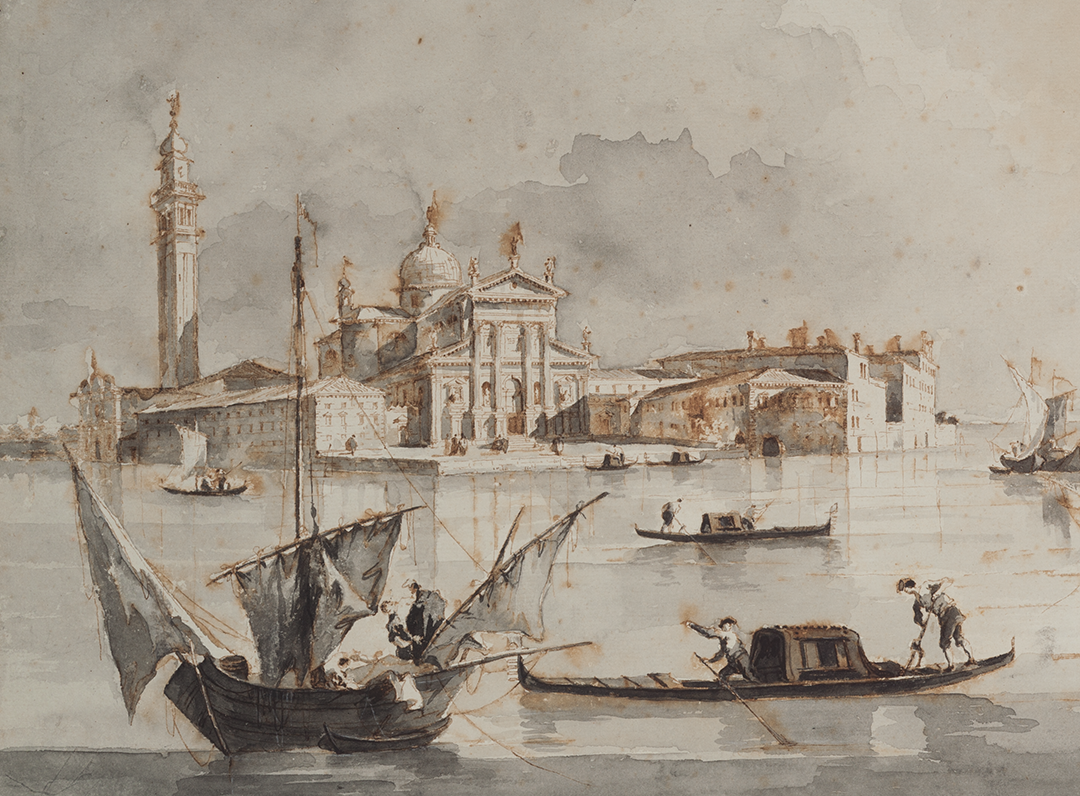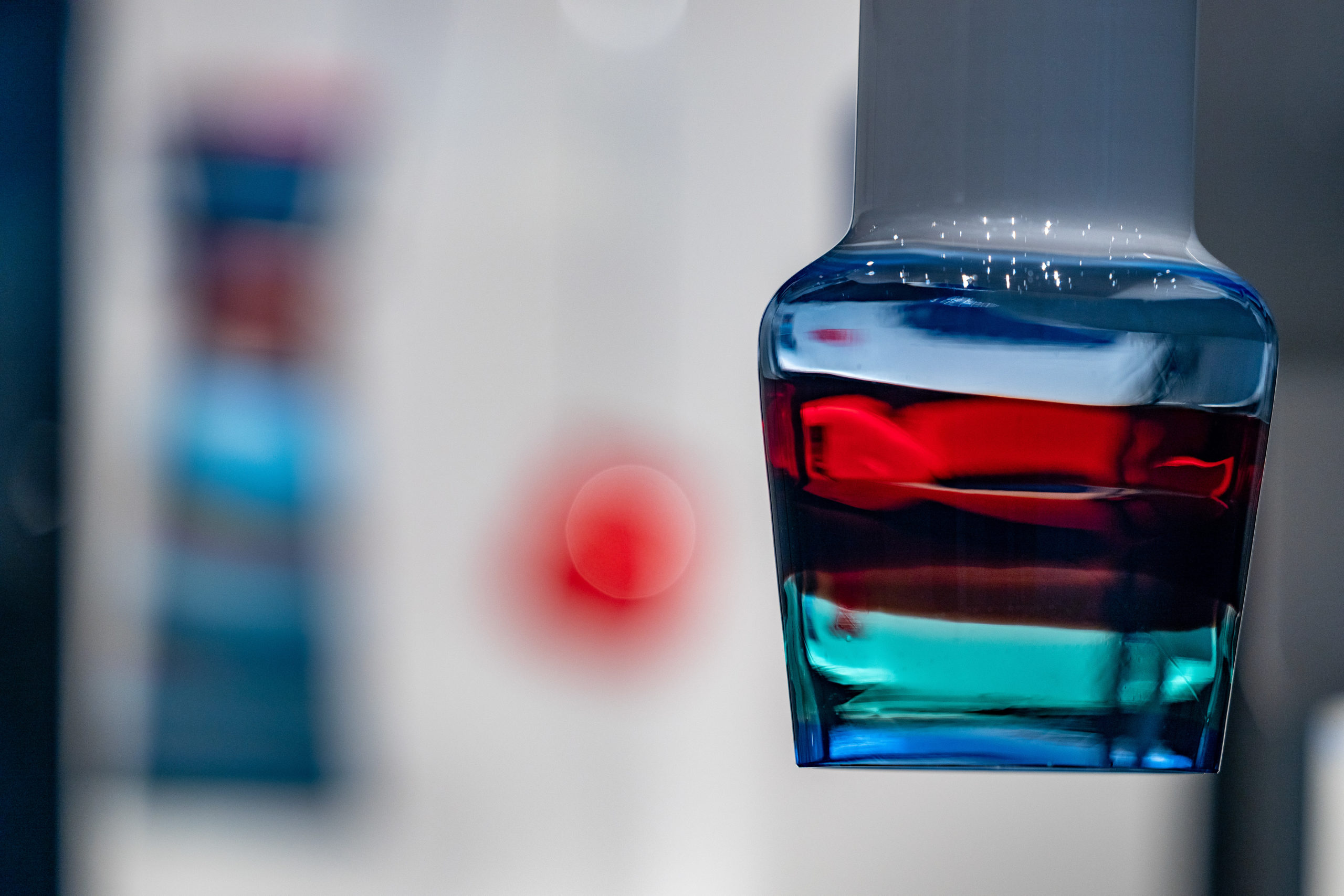Il Mediterraneo è tornato ad essere il centro delle dinamiche geopolitiche del mondo. Dalla prospettiva italiana si parla di Mediterraneo e di Mediterraneo allargato, che è un orizzonte più ampio, che converge verso l’antico mare. Qui gli aspetti politici sono complessi e si stanno
moltiplicando: dalle Zone economiche esclusive e dallo sfruttamento sostenibile del mare alle comunicazioni non solo marittime ma anche informatiche, all’uso delle risorse rinnovabili, al turismo visto su scala mediterranea, alla circolazione delle persone, alle emergenze belliche, alla
sicurezza nazionale e internazionale. L’Italia si misura con tutto questo di giorno in giorno. Si tratta della normalità per un paese che di per sé costituisce il centro del Mediterraneo. E dietro al presente c’è una lunga storia, in cui l’Italia ha ricoperto per secoli un ruolo fondamentale. Una
storia in cui un particolare significato ha riguardato per secoli Venezia, il suo Stato e la sua civiltà. Nella storia del Mediterraneo, Venezia è infatti una protagonista. Essa nasce in un punto remoto dello spazio mediterraneo, si espande e vi si integra, domina la parte orientale del mare con la sua marineria e i suoi commerci, rappresenta la giuntura tra l’Oriente e l’Europa. A Venezia il Mediterraneo allargato trova il suo nesso più remoto.
Partendo da questi presupposti è il caso di interrogarsi quanto la realtà di oggi si specchia nella storia del Mediterraneo, dell’Italia di Venezia. E quanto queste storie si ripresentano in forme aggiornate nelle dinamiche odierne. Sono domande a cui si cercherà di rispondere nel Seminario Il Mediterraneo allargato tra storia e attualità, a cura dell’Istituto per la Storia della Società e dello Stato Veneziano.
